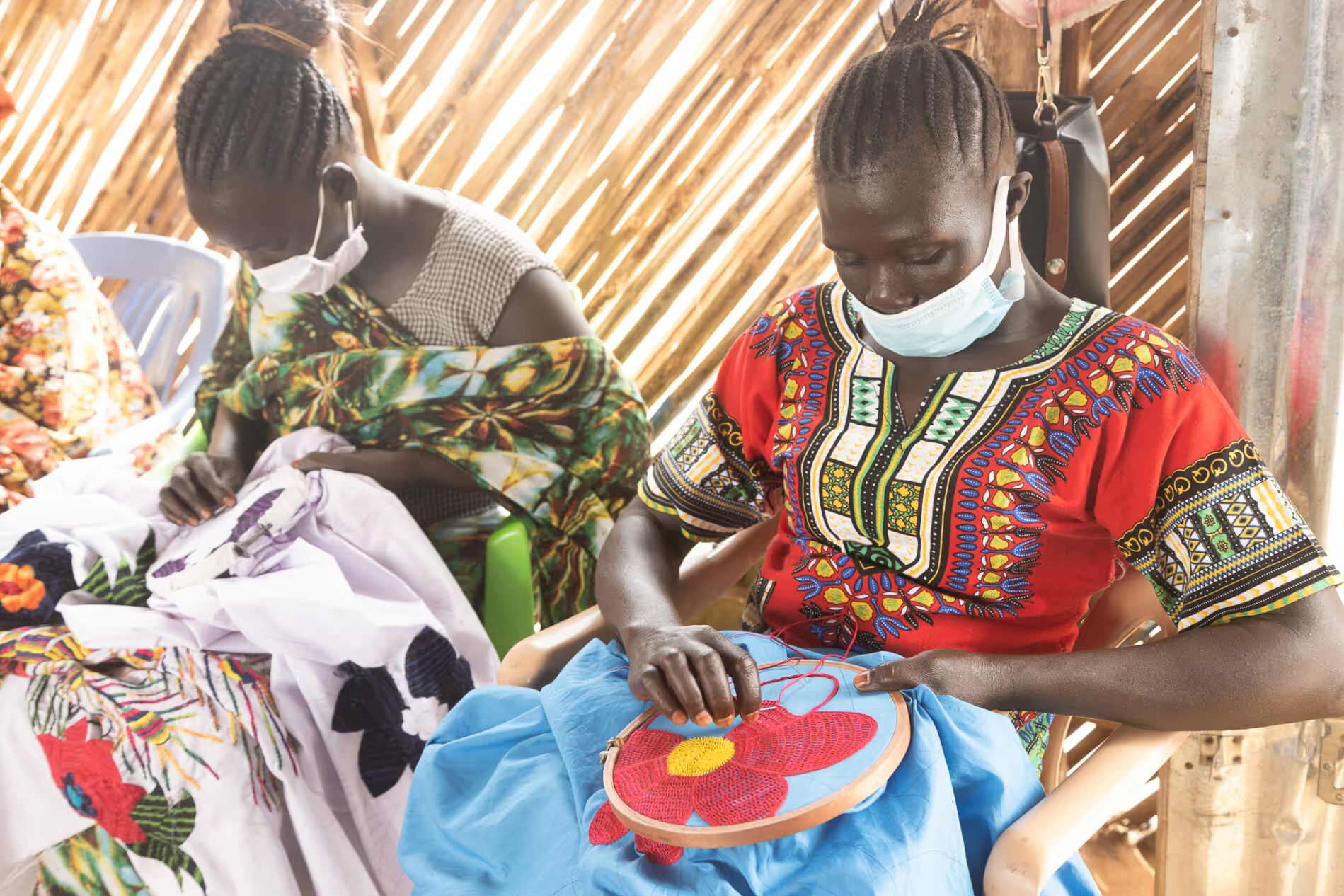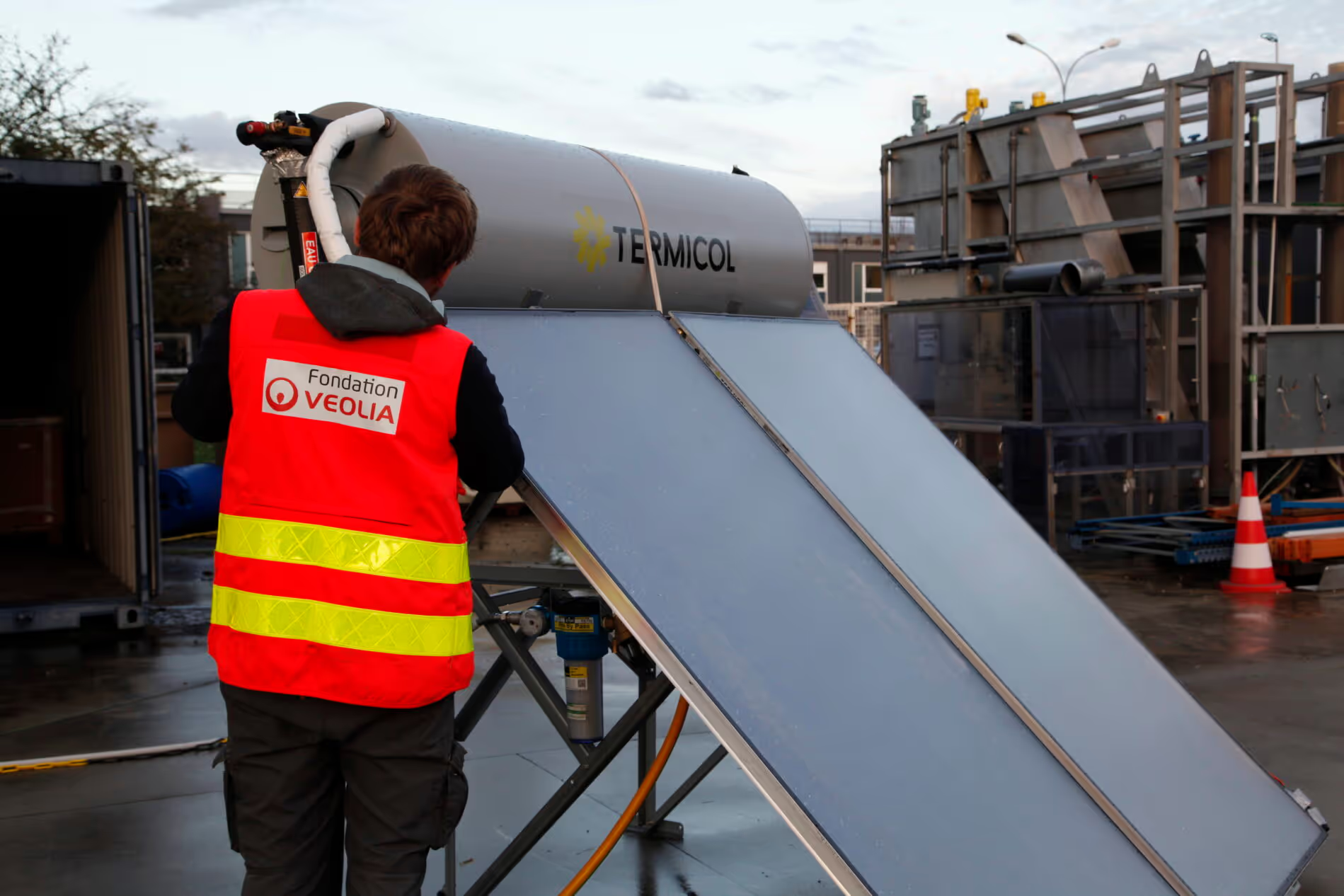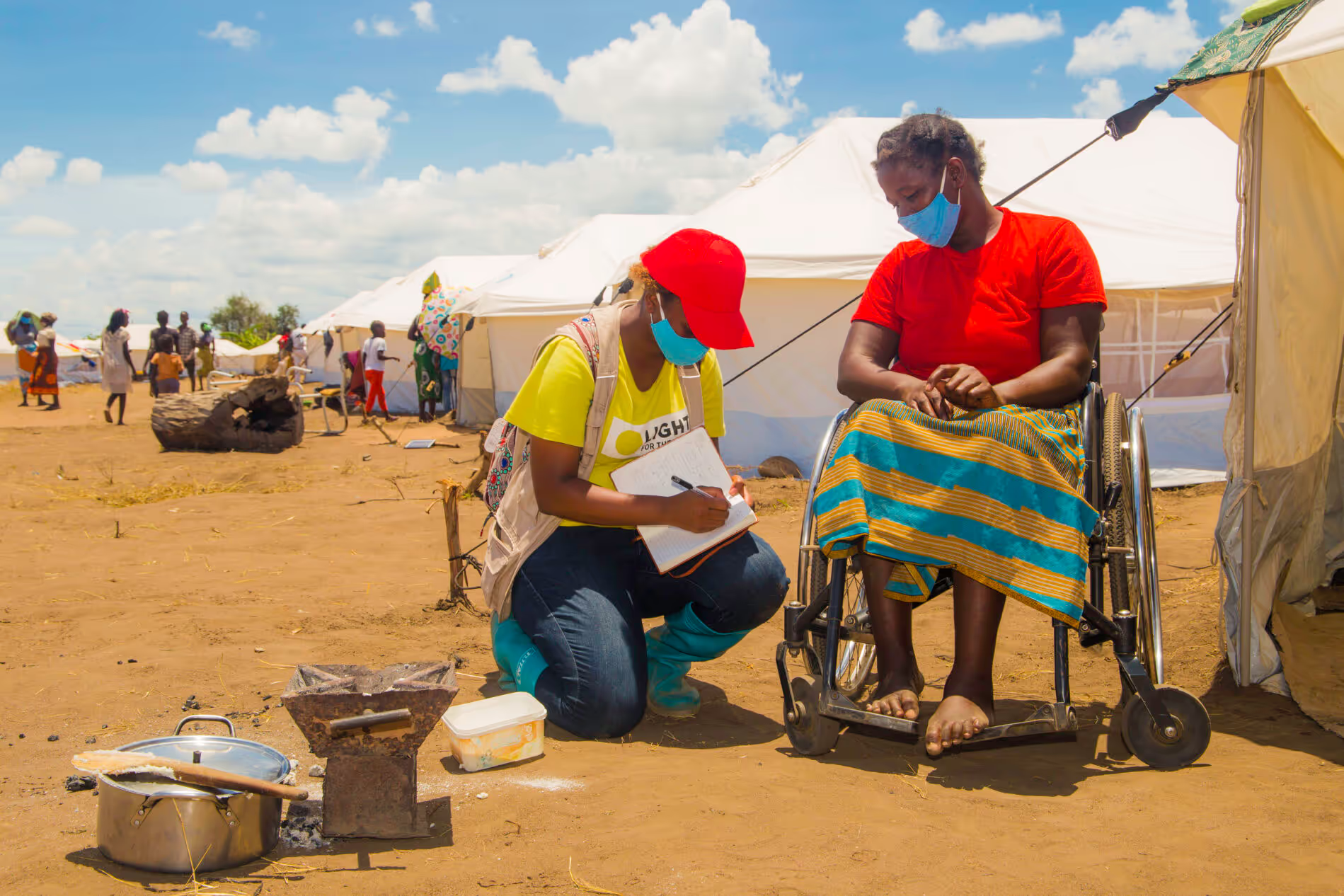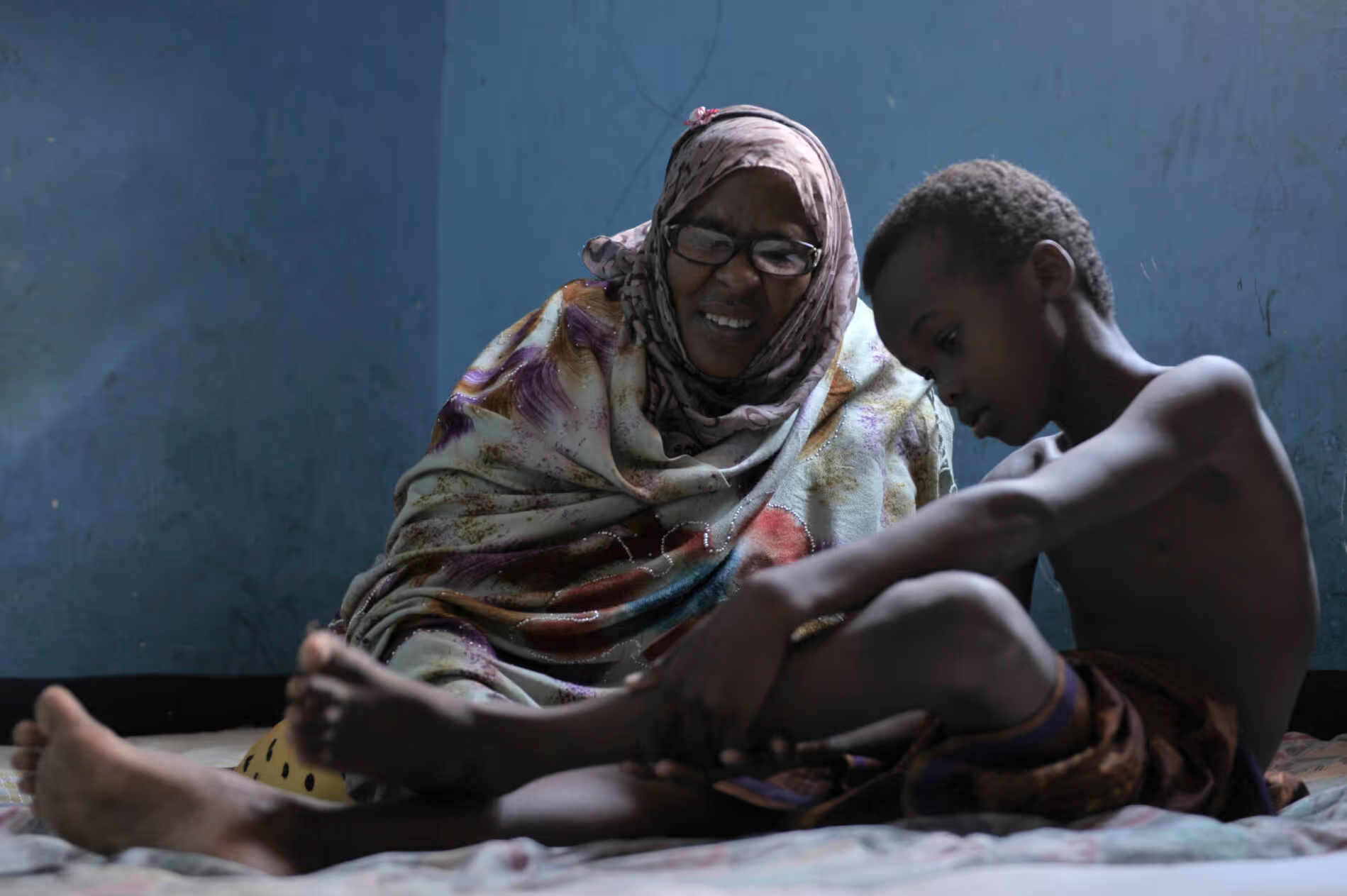MicrobialSludgeQuality (MSQ) – Field test kit for faecal sludge monitoring
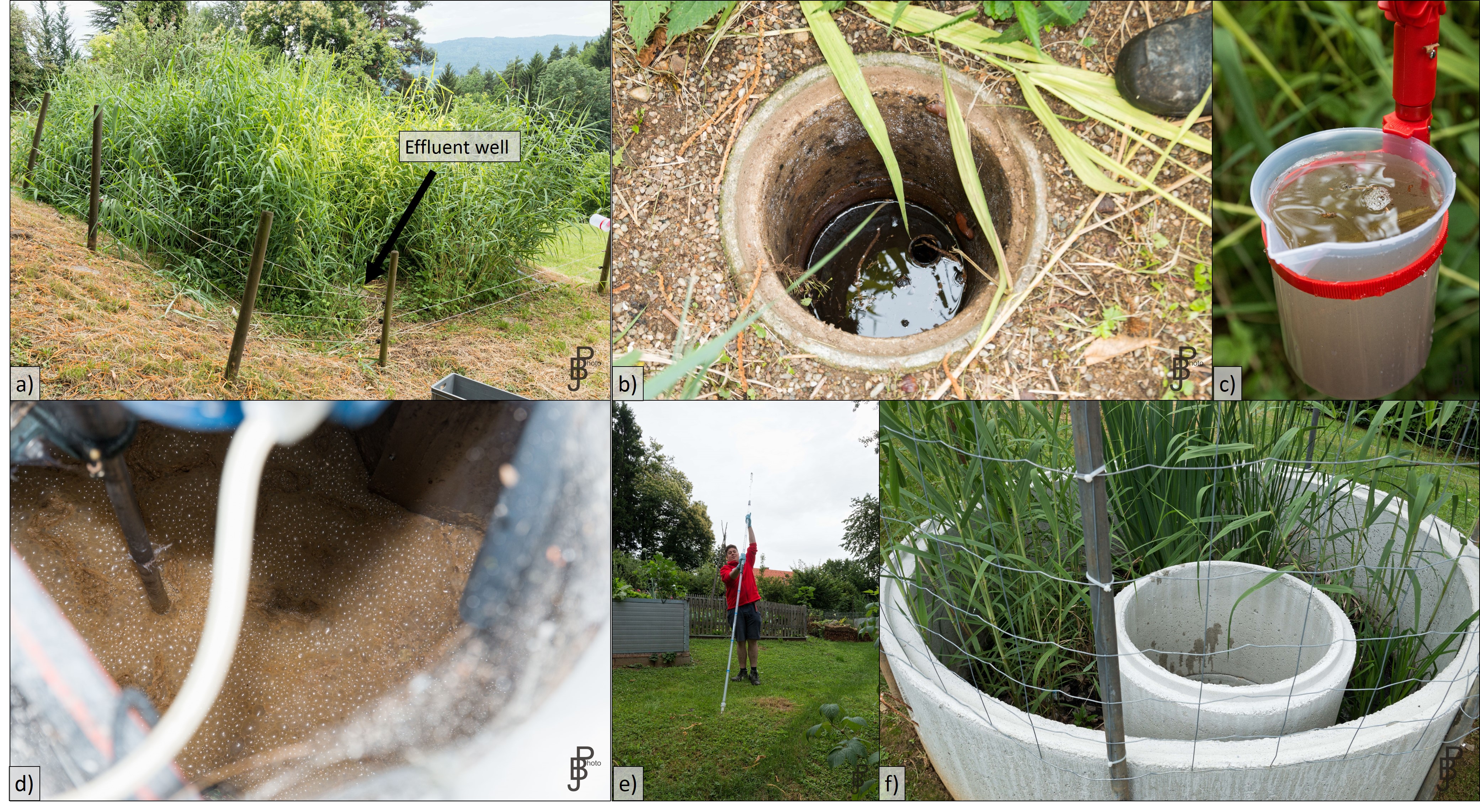
Project overview
The innovation of the MSQ project is the development and pilot trial of a field test kit for microbial quality control and the detection of human pathogens throughout the treatment process of faecal sludge in urban humanitarian aid settings.
Project solution
This project offers [specific solution or intervention] to tackle [challenge]. By implementing [strategies, tools, or innovations], the project aims to achieve [desired outcomes]. The approach is designed to [specific actions or methods] to bring about meaningful change in [community, region, or issue area].
Expected outcomes
This project aims to achieve [specific outcomes], such as [measurable results, improvements, or changes]. The expected impact includes [benefits to the target community, advancements in research or innovation, or long-term effects]. By the end of the project, we anticipate [specific changes or milestones] that will contribute to [broader goals or objectives].
WHAT IS THE HUMANITARIAN NEED BEING ADDRESSED?
In an urban emergency setting providing adequate sanitation options is a still ongoing struggle for all large humanitarian aid organisations. Several faecal sludge treatment processes are currently developed and piloted. The MicrobialSludgeQuality (MSQ) project offers the development of analytical capability (a field test kit) for the quality control of such a treatment process. Through continuous analytical quality control the treatment process can be kept stable and working at a high throughput rate. The field test kit will offer the possibility to monitor (specific) human pathogens in faecal sludge during the treatment and ensure its safe subsequent usage.
WHAT IS THE INNOVATIVE SOLUTION AND HOW WILL IT IMPROVE EXISTING PRACTICE?
The innovation in the MSQ project lies in the development and pilot trail of a field test kit for microbial quality control of faecal sludge and overall process control of sludge treatment plants. Currently no field test kits for those tasks are available on the market. In the project proven technologies from different suppliers will be combined into a functional and flexible test kit. This kit will offer analytical capability to humanitarian aid organisations on the ground to analyse faecal sludge and monitor sludge treatment plants. Effectively running faecal sludge treatment plants will lead to a risk reduction in the spreading of water borne diseases. It will evaluate the safety of the treated faecal sludge. Successfully treated sludge can turn faecal matter, a dangerous health risk, into a valuable commodity. It could be used as organic fertilizer.
WHAT ARE THE EXPECTED OUTCOMES?
The aim of the project is to develop a functional field test kit for the microbial quality control of faecal sludge and the monitoring of sludge treatment plants. This overall objective can be subdivided in the following subsets. In the laboratory stage analytical methods and the field test kit prototype will be developed and tested against proven laboratory methods and equipment. The aim is to reach comparable analytical results in the lab with the newly set up field test kit. After the lab work is finished the field test kit will be sent on a one month field trail in Malawi. At a partner’s project site, it will monitor a faecal sludge treatment plant. At the end of the project the xx will be handed over to the industrial partner for preparation of the market introduction of the field test kit.
Read the Humanitarian WASH Innovation Catalogue
Learn more about this WASH project, and many others, in our Humanitarian WASH Innovation Catalogue.
[.cta_link]Read now[.cta_link]
Project delivery & updates
Stay up to date with the latest developments from this project. Here, you will find details on what has been delivered, resources created, and regular updates as the project progresses. Access key documents, reports, and other materials to see how the project is making an impact.



